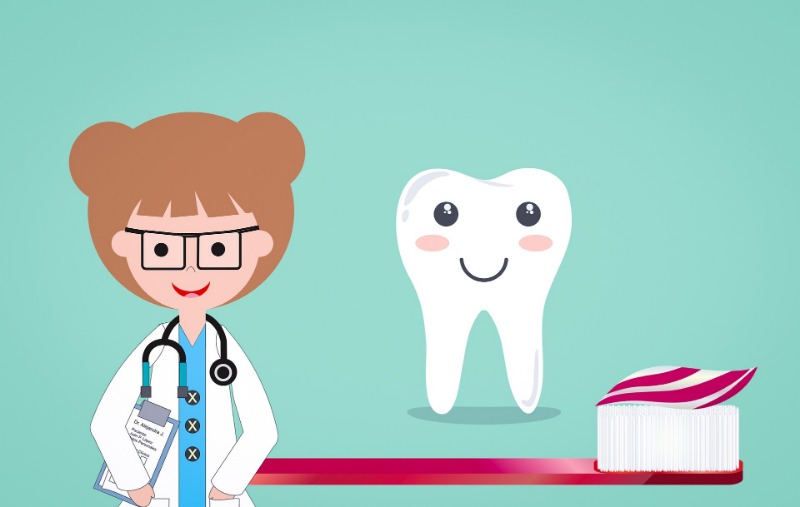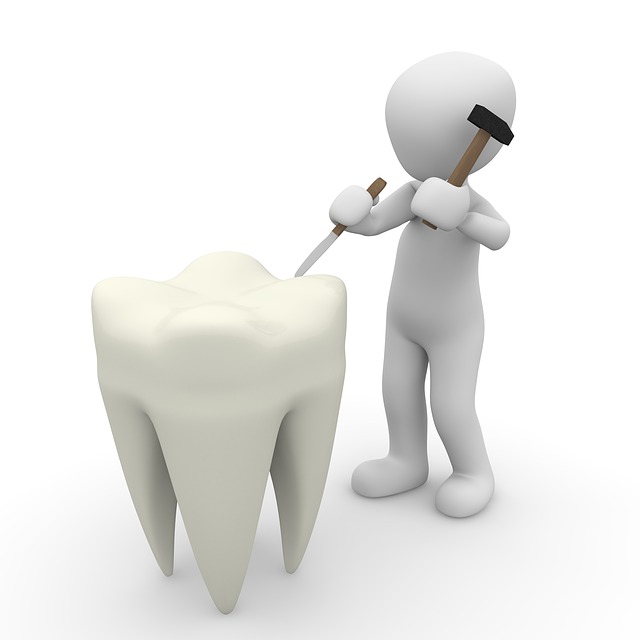Importance of Caring for Natal Teeth

Natal teeth are teeth that are previously present when a baby is born. These teeth are not the same as the neonatal teeth which break out in the infant’s mouth during the first month of life. Natal teeth are essentially the primary teeth of the infant but they came out much before time. They usually grow on the lower gum, where the central incisor teeth will appear. They have very little root development and are attached to the end of the gum by soft tissue causing the teeth to be shaky. Besides, as natal teeth are not well-formed, they may lead to irritation and injury to the infant’s tongue when nursing. Most importantly, natal teeth may cause discomfort to the nursing mother.
Common Causes of Natal Teeth
Generally, natal teeth are just an uncommonness and not related to a medical condition. Nevertheless, there are cases where natal teeth may be connected with:
- Ellis-van Creveld syndrome
- Hallermann-Streiff syndrome
- Pierre Robin syndrome
- Soto syndrome
Caring for Natal Teeth
If your little one was born with teeth, your dentist might suggest they undergo natal teeth subtraction shortly after birth. This is to disregard the hazard of your baby breathing in an extricated tooth. If your dentist thinks the teeth should persist in place, you’ll need to care for the teeth to avoid damaging them. We suggest cleaning your baby’s natal teeth by wiping them gently with a damp cloth like you would regular baby teeth when they come in. Throughout these cleanings, monitor your child’s gums and tongue to make sure the natal teeth aren’t causing any injuries to their mouth’s soft tissue.
Once more of your baby’s teeth start to break out, you can start cleaning them with a small soft-bristled toothbrush designed for a baby. You can also start to include fluoride toothpaste into your child’s oral care routine once they turn two. It is important that you should use a pea-sized amount of fluoride toothpaste when brushing your baby’s teeth and take care they don’t gulp it.
If the natal teeth aren’t detached, you should keep them hygienic by softly wiping the gums and teeth with a clean, soggy cloth. It is recommended to frequently check the baby’s gums and tongue to see if the teeth are causing any injury.
Damage to Natal Teeth: Dentist Burbank

One signature attribute of natal teeth is that they are frequently wobbly because of their feeble roots. They’re held to the gums with soft tissue. Besides they may become dislodged during feedings or cleanings. Dentists note that you should not try to replant these dislocated teeth. Replanting a knocked-out baby tooth can harm the emerging adult tooth underneath, so resist the urge to put it back in place. If your child’s gums are bleeding after a natal tooth falls out, we at MyDentistBurbank suggest scheduling an appointment with your dentist and applying pressure to stop the bleeding while you wait.
While finding out your newborn has teeth may be dreadful initially, you and your dentist can make a plan to succeed them. Because natal teeth habitually have feeble routes and are disposed to falling out, we hope we’ve put your mind at comfort if your child’s primary teeth do come out early. While this has the possibility to cause problems with your child’s secondary teeth, later on, a dentist can help you sidestep such issues with habitual dental checkups, a proper oral care routine, and, if needed, a space maintainer.
Burbank Natal Teeth
Don’t cross your fingers and assume things to get better. Call us today at 8185782332 to book an appointment with Dr. Sahakyan.


